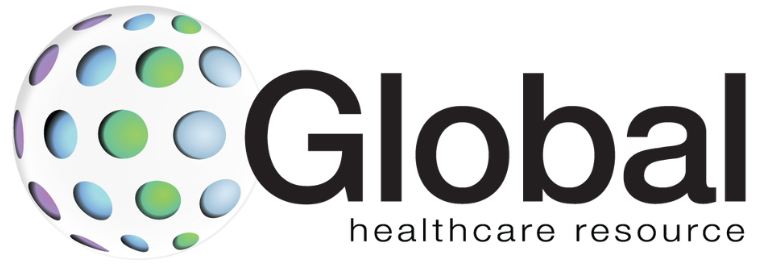 (Opens in a new window)
(Opens in a new window)From left to right: David Kirpatrick, founder, Techonomy; Andrew Thompson, CEO, Proteus Digital Health; Prakask Khot, CTO, athenahealth and John Mattison, chief medical information officer, Kaiser Permanente
We’ve all heard what is wrong with healthcare – too many silos, lack of interoperability, lack of accessibility, patients aren’t part of the equation, too much regulation in some corners … and the list is endless.
But trust only a Silicon Valley tech conference to articulate the problem in healthcare in raw computing terms that everyone can instinctively understand. The Techonomy Health conference (Opens in a new window), part of the overall Techonomy conference in Half Moon Bay, California on Tuesday brought together healthcare futurists and digital health evangelists as well as representatives of integrated health systems to describe a few who participated.
 (Opens in a new window)
(Opens in a new window)
Solving Healthcare’s Provider Data Problem Starts with Interoperability (Opens in a new window)
Break down the silos. Take control of your provider data.
In a session entitled, “Smarter, Connected and Intuitive … is this the Future of Digital Healthcare?” panelists brought together representatives from a pioneering company that has built cloud-based EHR system, Prakash Khot, CTO at athenahealth (Opens in a new window); from a company building an ingestible sensor that can be embedded in drugs, Andrew Thompson, CEO of Proteus Digital Health (Opens in a new window); and from an integrated healthcare system, John Mattison, assistant medical director, and chief medical information officer in Southern California Region for Kaiser Permanente (Opens in a new window).
They talked about how technology will help to shift the conversation from patient-centered care to people-centered care as the industry realizes that patients are first and foremost people.
“Person-centric is what the term should be,” Mattison declared instead of patient-centric as healthcare evolves from being what it is today: largely doctor-centric.
Once this recognition comes, there will be a focus on discussing how new technology fits into clinical workflows to how they fit into life-flows of patients, and then find accommodation and adjustment into clinical workflows.
And this move will be powered by technology and digital health that aims to fit medicine and healthcare better into a person’s life. And that means the healthcare system has to take into account the families and communities where people live, and to even look beyond narrow borders of the U.S.
“The healthcare context is very important and we tend to be very doctor-centric and very U.S. centric,” said Thompson of Proteus Digital Health. “The largest group of healthcare workers is not doctors and nurses. It’s everybody in this room, all of our relatives caring for our kids and our parents.”
Thompson argued that the industry has to look at how care is delivered informally by a person’s social network and their communities and leverage that strength using digital health.
“Three billion people are in the process of entering the middle class. All of them want access to health services and if we try to deliver those services using the model we have today, it will never happen,” he said.
So that necessarily means that a significant change is required and Thompson painted the oncoming change as inevitable.
“Human beings are fundamentally changing the way that they are interacting with the world from building, people, product to software, service, mobile platform,” he declared. “It is one of the most profound shifts in a 100 years and healthcare will not escape it.”
To describe, how inept the current model in healthcare is to deal with the global challenges, Thompson pointed to Big Pharma.
“The business model that involves monetizing Uncle Sam is going to end….this idea that pharmaceutical companies fill gaps in their pipeline and development activity by simply raising prices must stop,” he said categorically. “…if you look at the productivity of the pharmaceutical industry, it has halved every nine years for the last five decades. It is the exact opposite of Moore’s law and that is true of just about everything in healthcare.”
Moore’s law is the statement attributed to Gordon Moore, co-founder of Intel, who said that the number of transistors on an integrated circuit will double every two years. The statement has come to represent that computing power experiences exponential growth over short periods of time.
Thompson, who is passionate about the need for digital health to overhaul the nation’s sick care system as he called it, is a credible person to lob criticism at pharma. His own company is working with pharma companies like Otsuka Pharmaceuticals to introduce a digital medicine in the U.S. that combines wireless technology, cloud computing and wearable tech to understand how medicines interact with the body and also to boost adherence. Lack of adherence (Opens in a new window) to a drug regimen for one reason or another is often blamed for poor outcomes.
However, Thompson’s first try at introducing a new drug with the Proteus sensor failed when the Food and Drug Administration rejected the application earlier this year. In a letter, the agency asked for more information “including data regarding the performance of the product under the conditions in which it is likely to be used, and further human factors investigations,” wrote a Proteus representative in an email.
Photo: MedCity News
This story has been updated with more information about FDA’s letter to Proteus.








